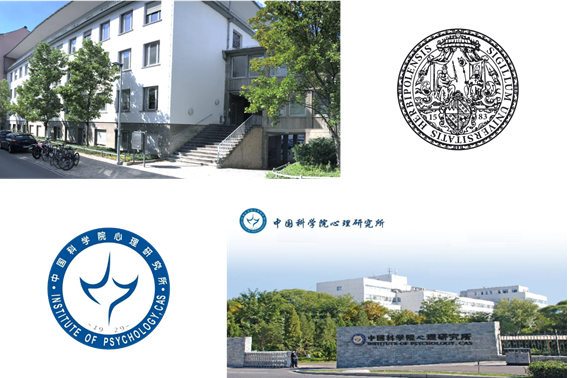Sino-German Mobility Program: "Modification of addiction memory in virtual reality - from basic principles to clinical research"

Contact Person:
- Dr. Markus Winkler, Prof. Dr. Paul Pauli, Chair of Biological Psychology, Clinical Psychology and Psychotherapy, Würzburg, Germany
- Prof. Dr. Nan Sui, Prof. Dr. Yonghui Li, Institute of Psychology, Chinese Academy of Sciences, Key Lab of Mental Health, Beijing, China
Description:
Substance use disorders are complex mental disorders with serious consequences for the person affected and for society. Drug-associated stimuli can initiate craving (a strong desire for the substance) as well as drug-seeking behavior and substance use. They can therefore increase the risk of relapse in abstinent individuals. Human research to date has focused heavily on the effects of discrete drug stimuli (so-called drug cues, e.g., drug paraphernalia). The motivational effects of contextual drug stimuli have only recently come into increased research focus. However, drugs are often used in specific contexts (e.g., environments), and these contexts can motivate drug-seeking behavior alone or in interaction with discrete drug cues. Thus, the goal of this bilateral project is to develop a systematic and innovative approach to studying the contextual nature of craving by integrating the strengths of the two research teams in animal and human research. Using translational paradigms in combination with virtual reality, drug-associated cues and contexts will be generated as well as their effects modified. In doing so, we can draw on established methods for capturing a wide variety of response systems, including neuromodulatory and imaging techniques (e.g., optogenetics, in vivo calcium imaging, and electrophysiological recordings), biobehavioral measures of motivational valence (Startle response) and arousal (skin conductance), neural activity (EEG / fMRI), and visible behavior. In the longer term, we hope this research approach will make a clinically meaningful contribution to reducing craving and substance use triggered by drug-associated cues and contexts.
Related Third-Party Funding:
http://www.sinogermanscience.org.cn/de/index.html






